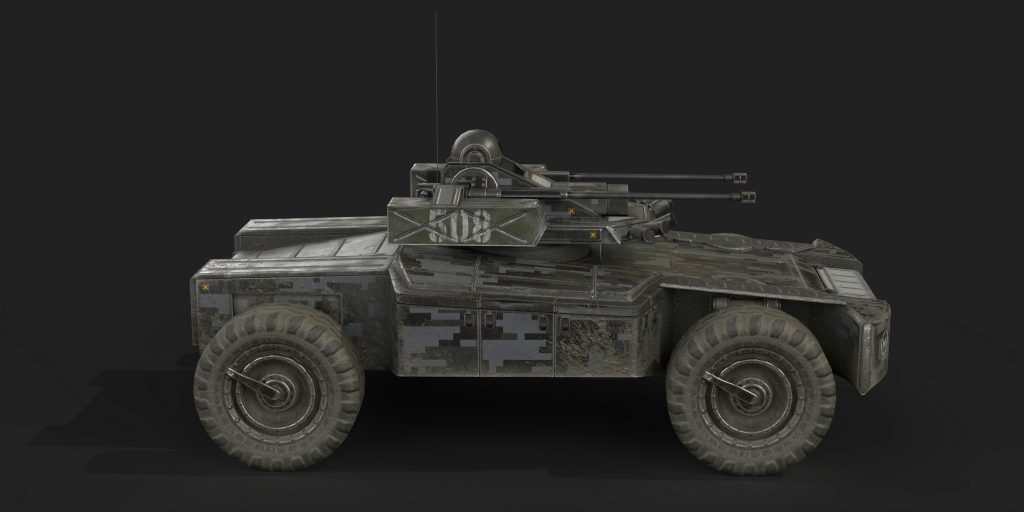Iran’s Unprecedented Missile Assault on Israel Escalates Tensions
In a dramatic escalation of hostilities in the Middle East, Iran launched an unprecedented barrage of over 180 ballistic missiles targeting Israel on October 1. This marked the largest single missile attack recorded against the nation, sending shockwaves through international communities and heightening fears of broader conflict. The assault was characterized by its scale and complexity, showcasing advanced weaponry beyond what was seen in previous engagements, particularly the strikes that occurred earlier in the year.
As air raid sirens wailed across Israeli cities, the country’s defenses, notably the Iron Dome, were activated to intercept the incoming missiles. The Israeli Defense Forces reported successful interceptions, yet the sheer volume of projectiles launched posed a significant challenge.
In the aftermath of the strike, Israeli officials issued stern warnings regarding the consequences of Iran’s actions, labeling the assault as a grave provocation. The Iranian government, however, framed the missile barrage as a retaliatory measure against what they described as attacks on their allies in the region. This reciprocal cycle of aggression raises alarms over the potential for escalating military engagements.
The situation has drawn attention from global leaders, with the White House emphasizing that any direct military aggression from Iran would result in severe repercussions. This statement reflects a growing concern among U.S. officials regarding Iran's increasing assertiveness and its implications for regional stability.
Additionally, the conflict has seen ground engagements between Israeli forces and Hezbollah fighters, further complicating an already volatile situation. The interconnected nature of these conflicts highlights the potential for a wider war if diplomatic avenues are not pursued.
The international community is now watching closely as tensions rise, with calls for restraint on all sides. As the dust settles from this latest offensive, the need for a renewed dialogue and a strategic approach to peace in the region has never been more critical. The implications of this missile attack extend far beyond the immediate conflict, threatening to reshape alliances and provoke further military responses.
In light of these developments, analysts warn that the fragile balance in the Middle East could be tipped into a broader confrontation if decisive actions are not taken to de-escalate the situation. The possibility of further missile strikes looms large, and with it, the specter of war that could engulf the region in chaos.
The urgency of the situation calls for an international response to prevent further escalation and to seek a sustainable resolution to the hostilities that have plagued the region for decades. As Iran continues to assert its military capabilities, the world must grapple with the implications of this evolving conflict and the potential for widespread upheaval.










